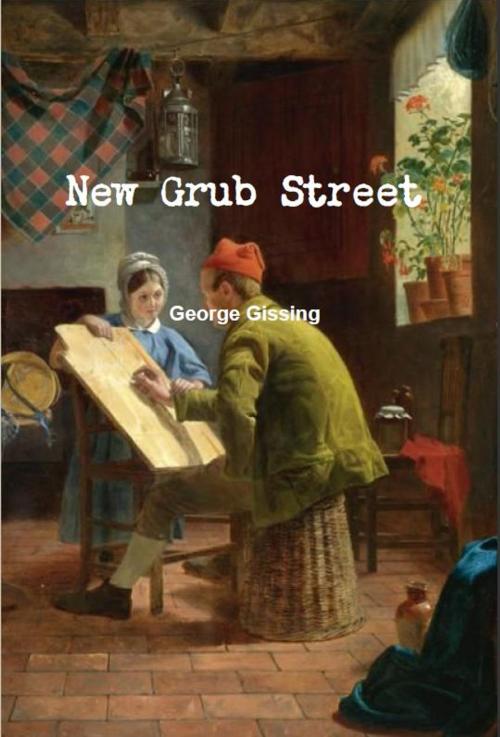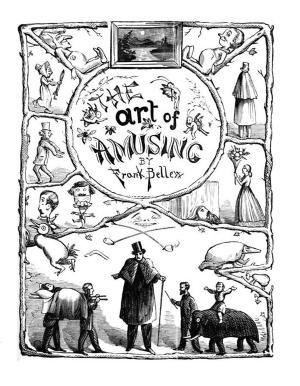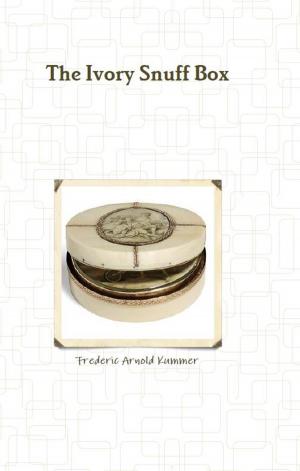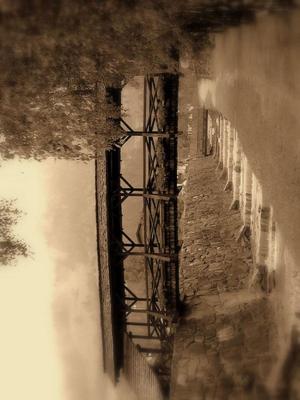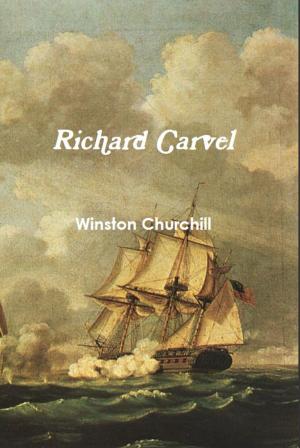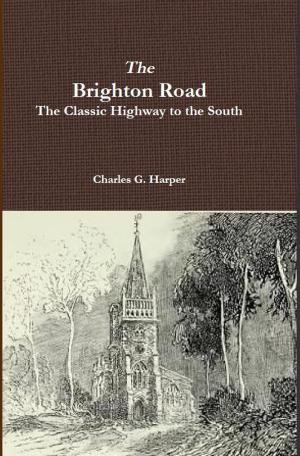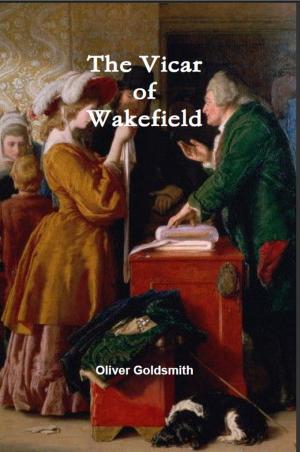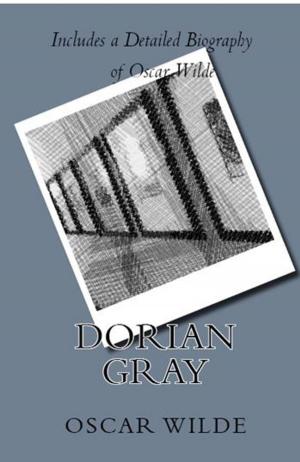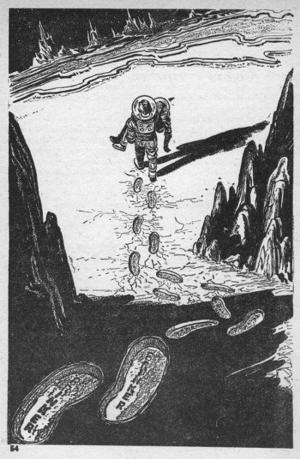| Author: | George Gissing | ISBN: | 1230000034294 |
| Publisher: | AP Publishing House | Publication: | November 30, 2012 |
| Imprint: | Language: | English |
| Author: | George Gissing |
| ISBN: | 1230000034294 |
| Publisher: | AP Publishing House |
| Publication: | November 30, 2012 |
| Imprint: | |
| Language: | English |
The story deals with the literary world that Gissing himself had experienced. Its title refers to the London street, Grub Street, which in the 18th century became synonymous with hack literature; by Gissing's time, Grub Street itself no longer existed, though hack-writing certainly did. Its two central characters are a sharply contrasted pair of writers: Edwin Reardon, a novelist of some talent but limited commercial prospects, and a shy, cerebral man; and Jasper Milvain, a young journalist, hard-working and capable of generosity, but cynical and only semi-scrupulous about writing and its purpose in the modern (i.e. late Victorian) world.
New Grub Street opens with Milvain, an “alarmingly modern young man” driven by pure financial ambition in navigating his literary career. He accepts that he will “always despise the people [he] write[s] for,” networks within the appropriate social circle to create opportunity, and authors articles for popular periodicals. Reardon, on the other hand, prefers to write novels of a more literary bent and refuses to pander to contemporary tastes until, as a last-gasp measure against financial ruin, he attempts a popular novel. At this venture, he is of course too good to succeed, and he's driven to separate from his wife, Amy Reardon, née Yule, who cannot accept her husband’s inflexibly high standards--and consequent poverty.
The Yule family includes Amy’s two uncles—John, a wealthy invalid, and Alfred, a species of critic—and Alfred’s daughter, and research assistant, Marian. The friendship that develops between Marian and Milvain’s sisters, who move to London following their mother’s death, provides opportunity for the former to meet and fall in love with Milvain. However much Milvain respects Marian’s intellectual capabilities and strength of personality, the crucial element (according to him) for marriage is missing: money. Marrying a rich woman, after all, is the most convenient way to speed his career. Indeed, Milvain slights romantic love as a key to marriage:
‘As a rule, marriage is the result of a mild preference, encouraged by circumstances, and deliberately heightened into strong sexual feeling. You, of all men, know well enough that the same kind of feeling could be produced for almost any woman who wasn’t repulsive.’
Eventually, reason enough for an engagement is provided by a legacy of £5000 left to Marian by John Yule.
Life (and death) eventually end the possibility of this union. Milvain’s initial career advancement is a position on The Current, a paper edited by Clement Fadge. Twenty years earlier, Alfred Yule (Marian’s father) was slighted by Fadge in a newspaper article, and the resulting acerbic resentment extends even to Milvain. Alfred refuses to countenance Marian’s marriage; but his objection proves to be an obstacle to Milvain only after Yule’s eyesight fails and Marian’s legacy is reduced to a mere £1500. As a result, Marian must work to provide for her parent, and her inheritance is no longer available to Milvain.
By this time, Milvain already has detected a more desirable target for marriage: Amy Reardon. Reardon’s poverty and natural disposition toward ill-health culminate in his death following a brief reconciliation with his wife. She, besides the receipt of £10,000 upon John Yule’s death, has the natural beauty and grace to benefit a man in the social events beneficial to his career. Eventually Amy and Milvain marry; however, as the narrator reveals, this marriage motivated by circumstances is not lacking in more profound areas. Milvain, it is said, has married the woman he loves, although it should be noted that the narrator never states this as a fact, merely reporting it as something others have said about Milvain. In fact, in a conversation that ends the book, the reader is left to question whether Milvain is in fact haunted by his love for Marian, and his ungentlemanly actions in that regard.
The story deals with the literary world that Gissing himself had experienced. Its title refers to the London street, Grub Street, which in the 18th century became synonymous with hack literature; by Gissing's time, Grub Street itself no longer existed, though hack-writing certainly did. Its two central characters are a sharply contrasted pair of writers: Edwin Reardon, a novelist of some talent but limited commercial prospects, and a shy, cerebral man; and Jasper Milvain, a young journalist, hard-working and capable of generosity, but cynical and only semi-scrupulous about writing and its purpose in the modern (i.e. late Victorian) world.
New Grub Street opens with Milvain, an “alarmingly modern young man” driven by pure financial ambition in navigating his literary career. He accepts that he will “always despise the people [he] write[s] for,” networks within the appropriate social circle to create opportunity, and authors articles for popular periodicals. Reardon, on the other hand, prefers to write novels of a more literary bent and refuses to pander to contemporary tastes until, as a last-gasp measure against financial ruin, he attempts a popular novel. At this venture, he is of course too good to succeed, and he's driven to separate from his wife, Amy Reardon, née Yule, who cannot accept her husband’s inflexibly high standards--and consequent poverty.
The Yule family includes Amy’s two uncles—John, a wealthy invalid, and Alfred, a species of critic—and Alfred’s daughter, and research assistant, Marian. The friendship that develops between Marian and Milvain’s sisters, who move to London following their mother’s death, provides opportunity for the former to meet and fall in love with Milvain. However much Milvain respects Marian’s intellectual capabilities and strength of personality, the crucial element (according to him) for marriage is missing: money. Marrying a rich woman, after all, is the most convenient way to speed his career. Indeed, Milvain slights romantic love as a key to marriage:
‘As a rule, marriage is the result of a mild preference, encouraged by circumstances, and deliberately heightened into strong sexual feeling. You, of all men, know well enough that the same kind of feeling could be produced for almost any woman who wasn’t repulsive.’
Eventually, reason enough for an engagement is provided by a legacy of £5000 left to Marian by John Yule.
Life (and death) eventually end the possibility of this union. Milvain’s initial career advancement is a position on The Current, a paper edited by Clement Fadge. Twenty years earlier, Alfred Yule (Marian’s father) was slighted by Fadge in a newspaper article, and the resulting acerbic resentment extends even to Milvain. Alfred refuses to countenance Marian’s marriage; but his objection proves to be an obstacle to Milvain only after Yule’s eyesight fails and Marian’s legacy is reduced to a mere £1500. As a result, Marian must work to provide for her parent, and her inheritance is no longer available to Milvain.
By this time, Milvain already has detected a more desirable target for marriage: Amy Reardon. Reardon’s poverty and natural disposition toward ill-health culminate in his death following a brief reconciliation with his wife. She, besides the receipt of £10,000 upon John Yule’s death, has the natural beauty and grace to benefit a man in the social events beneficial to his career. Eventually Amy and Milvain marry; however, as the narrator reveals, this marriage motivated by circumstances is not lacking in more profound areas. Milvain, it is said, has married the woman he loves, although it should be noted that the narrator never states this as a fact, merely reporting it as something others have said about Milvain. In fact, in a conversation that ends the book, the reader is left to question whether Milvain is in fact haunted by his love for Marian, and his ungentlemanly actions in that regard.
